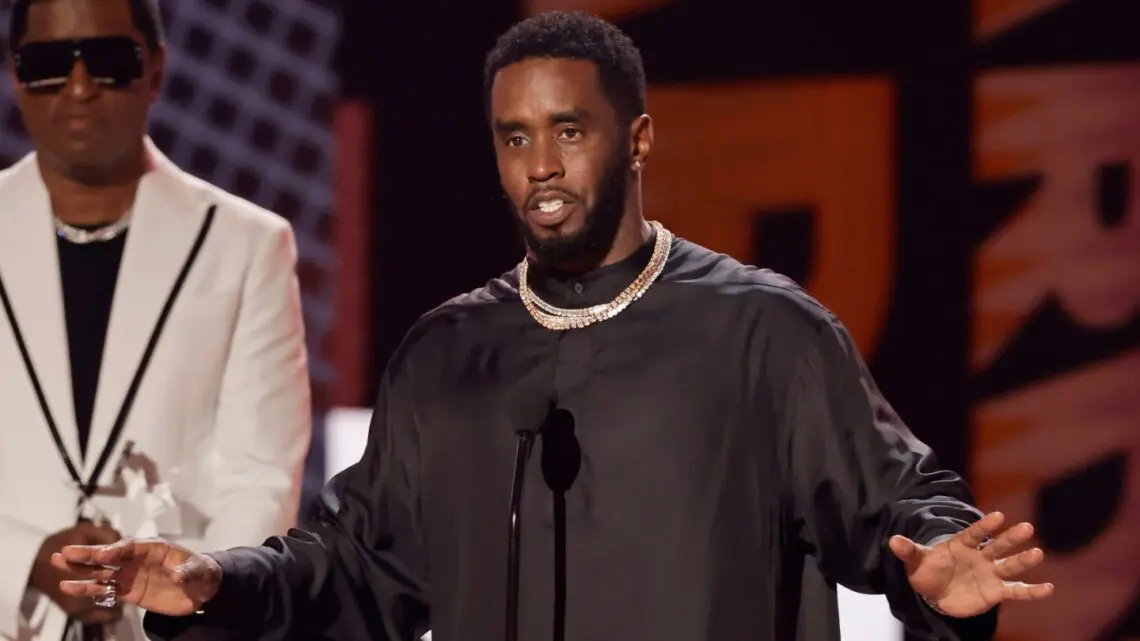Sean “Diddy” Combs will stay in prison as he awaits trial, with a federal judge denying his bid for a $50 million bail package. U.S District Judge Arun Subramanian on Wednesday found that no conditions of release can assure the safety of the community. He pointed to Combs’ alleged history of violence, which includes the use of firearms, kidnapping and arson, to intimidate victims and witnesses with the help of his vast business empire. “There is evidence supporting a serious risk of witness tampering,” the ruling stated. The court handed down the decision after a bail hearing last week. Its decision was delayed as it awaited more information on Combs’ communications with others while he has been in prison. Prosecutors had alleged that, since being imprisoned at the Metropolitan Detention Center in Brooklyn, Combs had obtained other inmates’ phone lines in attempts to evade scrutiny and contact witnesses. They also argued that he has used a non-authorized messaging app to communicate with third parties and has coerced his family to write public birthday messages to him, which were allegedly intended to sway potential jurors. In turn, Combs’ defense team, led by attorney Marc Agnifilo, claimed prosecutors had unjustly seized attorney-client privileged material from Combs’ jail cell during a raid. Prior to the bail hearing, the court ruled that prosecutors must delete images of Combs’ handwritten notes about legal strategies and potential witnesses. Wednesday’s order stressed that the government has presented direct evidence of Combs’ violence. This includes a 2016 video of Combs assaulting his then-girlfriend, Cassie Ventura, at a Los Angeles hotel and text messages between the two indicating that she was severely injured. “I have a black eye and a fat lip,” she wrote in a text following the incident. “I still have crazy bruising.” In support of bail, Combs maintained that the evidence doesn’t support a charge of sex trafficking. In his view, he said it constituted a toxic, sometimes violent, relationship. “But regardless of whether that’s true, there is compelling evidence of Combs’ propensity for violence,” Subramanian wrote. The court also said that Combs may engage in witness tampering. It cited his communications with Ventura, who was subpoenaed to testify before the grand jury, and the rap mogul deleting messages with her in an effort to conceal the alleged tampering. Phone records confirmed that Combs and Ventura exchanged multiple messages from June to August, but they were unable to be recovered from his phone. Additionally, Combs’ interactions with the witness were found to be “directly in conflict” with his lawyer’s representations to the court at a September hearing that his client “did not reach out to grand jury witnesses,” the ruling said. Combs had previously been denied bail twice by two other judges after concerns that he may tamper with witnesses. Federal prosecutors allege Combs has been at the helm of a vast criminal enterprise through which he assaulted and trafficked women with the help of his various businesses from at least 2008. The indictment specifically refers to a series of events called “Freak Offs,” in which commercial sex workers were allegedly brought in by Combs, who then “used force, threats of force, and coercion to cause victims to engage in extended sex acts” that were recorded and could last for days. Combs has pleaded not guilty to all charges. A trial date has been set for May 5, 2025.

 English
English




